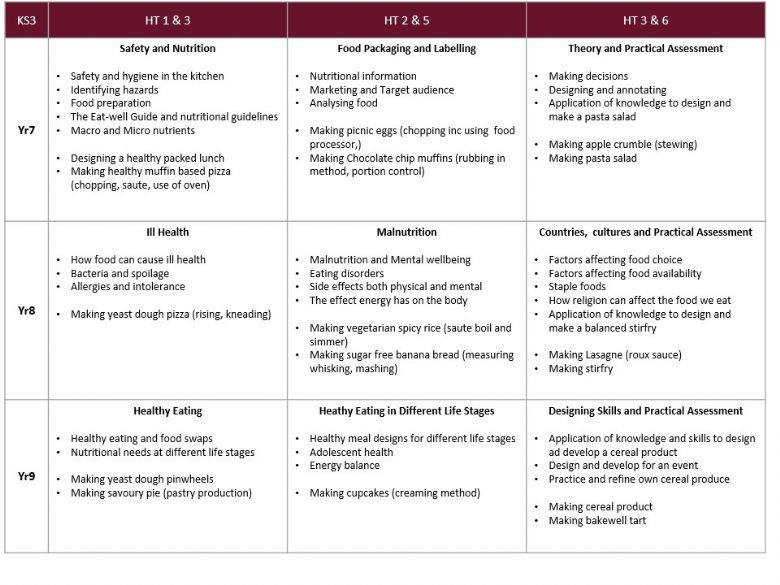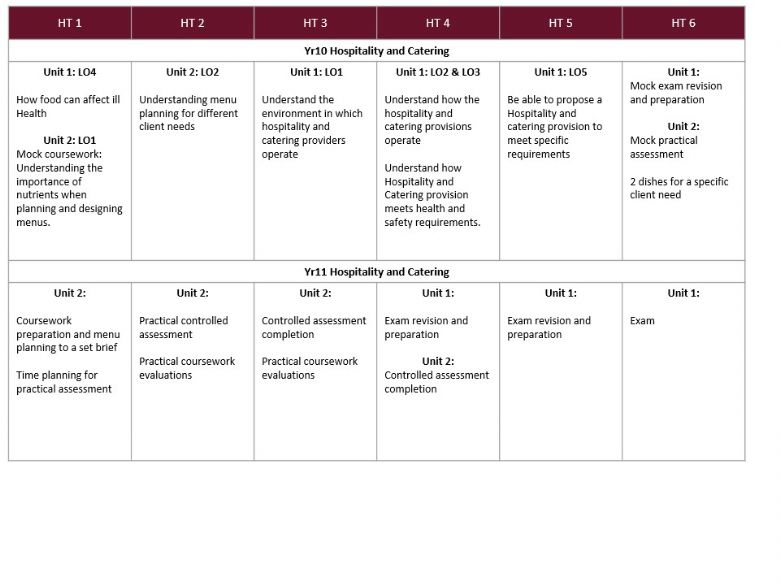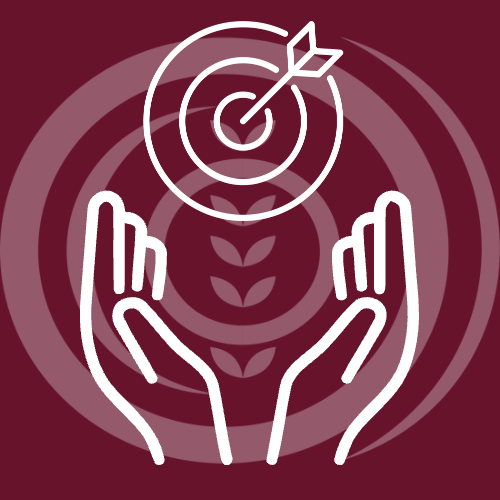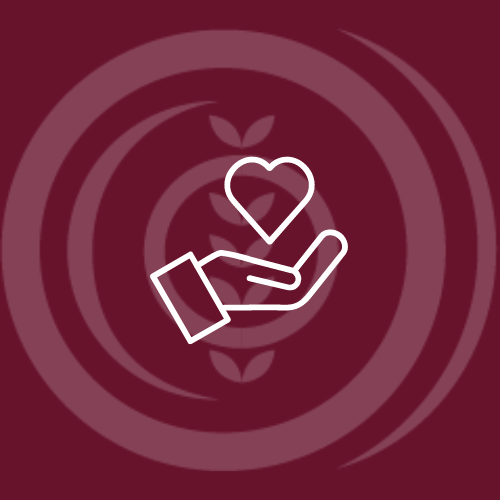Design and Technology
Using creativity and inspiration within the subject of design and technology, pupils create products that solve real and relevant problems within a variety of contexts, considering their own and others’ needs, wants and values. They acquire a broad range of subject knowledge and draw on disciplines such as mathematics, science, engineering, computing and art. Pupils learn how to take risks, becoming resourceful, innovative, enterprising and capable citizens. They develop critical understanding of how design and technology impacts on daily life and the wider world.
At Thornhill Academy we aim to ensure that all pupils develop the creative, technical and practical expertise needed to participate successfully in an increasingly technological world. We also want pupils to build a repertoire of knowledge, understanding, and skills in order to design and create high-quality prototypes and products for a wide range of users. Pupils will learn to be critical thinkers by constantly evaluating and testing products both independently and with others. They will also consider the principles of nutrition while learning how to prepare dishes using a variety of commodities demonstrating various preparation and cooking techniques.
Key Stage 3 Design and Technology
In year 7, pupils start their learning journey investigating different materials such as paper, boards, systems, and control. Additionally, students start to understand the design process such as specifications, research methods, initial ideas, and evaluation. Built within the design process, students also learn the different ways to illustrate these ideas through various graphic communications, such as hand drawing styles and CAD/CAM.
In year 8, we build upon the knowledge of the design process by starting to get pupils to engage in writing specifications to further develop their initial ideas. This is achieved by looking at further materials – such as textiles and polymers – their origins and uses in everyday life. In addition, students will develop their practical skills of cutting, shaping, joining, and applying finishes, while looking at different hand tools and machines, which can be used for different processes to achieve various outcomes. This enables students to build their knowledge and confidence in the workshops.
In year 9, students experience more autonomy applying skills gained in year 7 and 8, into the design process to improve problem-solving, and provide real-world scenarios. Further materials are introduced such as natural timbers and manufactured boards, increasing knowledge. The aim is to provide a holistic overview of design and technology while providing an insight into KS4.
Key Stage 3 Food Technology
As part of their work within food technology, pupils will be taught how to cook and apply the principles of nutrition and healthy eating. They will learn how to cook predominantly savoury dishes, so that they are able to feed themselves and others with a healthy and varied diet. Pupils will become competent in a range of cooking techniques and will learn food provenance, seasonality and characteristics of a broad range of ingredients to allow them to make informed decisions when planning a menu.
In year 7, pupils learn basic nutrition linked to ‘The Eatwell Guide’ and specific government guidelines to ensure an understanding of a healthy diet and lifestyle. They build on this knowledge to design dishes that cater for specific needs. They also link provenance knowledge to environmental issues and how this can effect moral consideration when buying food.
Practically pupils learn basic knife skills, heat control, how to use a food processor and portion control by producing predominantly savoury dishes.
In year 8, pupils build on nutritional knowledge by looking at the effects of malnutrition on the body and energy balance linked to energy drinks. They will also look further into food provenance by learning about food from different countries, cultures and religions, thus allowing them to make informed decisions when catering for individual needs.
Practically pupils will further advance by using more technical skills such as yeast dough production, the rubbing-in method, melting and creaming method of cake production, an electric whisk, sauce skills, including a roux sauce demonstrating reduction to thicken and presentation techniques.
In year 9, pupils will further develop nutritional knowledge by identifying dietary needs at different life stages and why certain nutrients are needed. They will also explore food provenance by building on prior learning and reviewing food miles and the effect they have on the environment along with food waste and solutions to solve this growing issue.
Practically pupils will focus on products that contain the commodity cereal by making bread shapes, savoury short crust pastry pie and cupcakes piped with butter cream icing. They will then prepare more challenging dishes that are full meals using a range of commodities and thereby broaden their culinary skills.

Key Stage 4- OCR Engineering Design
The Cambridge Nationals in Engineering Design encourage learners to communicate with a client to develop a viable and innovative product. Learners will apply skills to produce a prototype in the form of a model and test design ideas to inform further product development. Through reflection learners evaluate the prototype, making a comparable outcome against specification points, and assess possible, practical solutions and improvements to their prototype design.
What is Engineering Design
Engineering design is a process used to identify market opportunities and solve problems which contribute to the development of new products and systems. This course is aimed at learners who wish to study the processes involved in designing new products and the requirements of a design specification. Through research and practical activities, learners will understand how market requirements and opportunities inform client briefs and will use practical skills such as drawing, computer modelling and model making to communicate design ideas.
What skills would I develop?
- Sketching skills
- Presentation and portfolio work
- You will develop a range of computer skills in order to produce both 2D and 3D designs
- Learning through project work will help you to be organised and manage time and deadlines successfully
- You will work with various modelling materials to produce final outcome pieces
- Skills in exploring existing products and the way in which they are made
How would I be Assessed?
Tasks completed in class and at home, through practical tasks and in practice coursework tasks throughout the course followed by:
- 25%- 1 Hours Written exam (60 marks)
- 75%- Coursework assignments
Grades Awarded
- Level 2- Pass, Merit, Distinction or Distinction*
- Level 1- Pass, Merit or Distinction
Key Stage 4 Level 1/2 Award in Hospitality and Catering
Hospitality and Catering is Britain’s fourth largest industry and accounts for around 10% of the total workforce. With this in mind, it is an important subject of study at Thornhill Academy. We work towards a level 1/2 Award in Hospitality and Catering which consists of two mandatory units of work. ‘The Hospitality and Catering Industry’ (Unit 1), which is an externally assessed written exam paper which lasts for 1 hour 30 minutes and is worth 40% of the final overall grade. ‘Hospitality and Catering in Action’ (Unit 2), is an internally assessed 9 hour controlled assessment, which is 1/3 practical. Pupils are required to research, plan, and make two nutritional dishes in a limited amount of time. This unit is worth 60% of the final course grade. This qualification supports learners who want to progress in this vocational sector and develop a career or go onto further study.

Curriculum Support
Please find below all the support documents you need for DT.
GCSE Engineering Design R105


